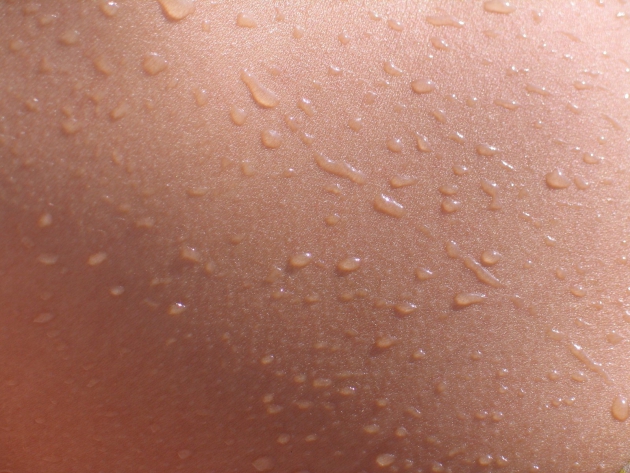With more than 30 years’ experience in the residential and commercial water treatment space, Mark Nelson is a Class 1 Drinking-Water Operator and a CBWA (Canadian Bottled Water Association) Certified Plant Operator. As founder and president of Nelson Water in Ottawa, Mark focuses on dealing with challenging water treatment system designs for problem water. He also heads the largest water bottling plant in the city of Ottawa with a delivery network throughout the Valley.
If you are suffering from dry skin, it is likely that you have already tried every moisturizer, hydrating lotion and cream known to man. Regardless of which product you are using and how frequently you use it, you probably have discovered that the condition persists and never gets much better. The good news is this may not be something you have to live with. In fact, it is very likely that a simple environmental factor may be the underlying reason for your dry and flaky skin:
Hard water.
Hard water is a very common issue in Canada and it could be that the water you bathe in and use to wash your dishes, linens and clothes, even drink is the key contributor to the problem.
So What is Hard Water?
Neutral water is 7 on the pH scale, which is very close to the 7.3 natural pH of the human body. Hard water, on the other hand, has a high alkalinity, with high levels of magnesium, calcium or iron ions. Hard water can make it difficult for substances such as detergents and soaps to properly dissolve in water and function as engineered. This can mean difficulty lathering or problems rinsing out any residues. Additionally, hard water can allow mineral deposits to accumulate over time in pipe work and plumbing, which eventually can cause clogs and damage. While these effects can be problematic on your household plumbing system, the effect on your skin can be less obvious, but just as detrimental.
Your Skin and Hard Water:
The minerals in hard water can leave a surface residue on clothing, plumbing fixtures as well as your skin and hair. This can lead to skin irritations where the pores become clogged from the mineral build-up, but the hard water can also mean that shampoos, soaps and other cleansing products do not effectively lather up, prompting increased use. This leads to increased residue on the skin, which can further clog the skin pores and cause dry, itchy and flaky skin. This can be especially problematic for sensitive areas such as the face, where the skin may feel particularly reddened and irritated.
You may also find that irritated skin is further inflamed by chafing and rubbing of clothing washed in hard water which feels rougher on the skin, somewhat like sandpaper. Of course, if you already have a pre-existing skin condition such as dermatitis or eczema, hard water can be an even more serious problem. While the hard water itself, will not cause the skin condition, it can initiate a flare-up or irritate an existing one. These effects are particularly obvious with people who frequently wash their hands, who may find that the combination of soaps and hard water cause dry, irritated and reddened skin.
The Solution to Fix Hard Water
The best way to remedy hard water is to soften it. This process involves removing these aforementioned mineral ions from the water. Most LEGITAMITE domestic water softening appliances use ion exchange methods to achieve this effect. These devices exchange the calcium or magnesium ions, which cause the hardness with sodium ions. Softening water allows soaps and detergents to be efficiently rinsed from clothing and skin. This can reduce the risk of pores becoming clogged, allowing moisture to be properly absorbed by the skin, keeping it healthy and soft.

